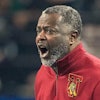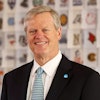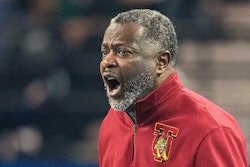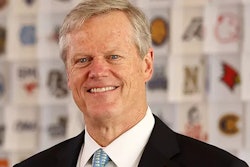The University of North Carolina at Chapel Hill’s athletic-academic scandal. Sexual assaults at Baylor and Michigan State. The FBI’s deep dive into men’s college basketball. There is no doubt that college athletics is experiencing a disorderly and tumultuous time. But if we’re honest, the relationship between the academy and college athletics has always been tenuous at best.
Many faculty and administrators in the academy view athletics as a distraction to the mission of higher education, and athletes as second-tier students. To many, student-athletes are actually athlete-students because athletics always comes first. In fact, some say, athletes aren’t even on their campuses to learn or earn an education, but to play their sport.
While these perspectives may ring true in particular circumstances, the majority of college athletes not only earn their college education in their lectures and labs, but also earn it on the field, in the pool or on the court.
In their research, Dr. Arthur Chickering and Dr. Zelda Gamson introduced the “Seven Principles for Good Practice in Undergraduate Education” to improve students’ educational experiences and enable them, with support from faculty members and mentors, to maximize educational potential. This theory has been siloed into what is traditionally viewed as the academic side of campuses (i.e., lecture halls, faculty offices and discussion groups) while ignoring the relevant and meaningful applications it has to athletics.
Athletics is educational, and this theory proves it.
Principle 1: Encourage contact between student athletes and faculty. A plethora of research has supported the notion that student-faculty interaction improves student involvement, motivation and success. Research concerning athlete experiences also supports athlete-faculty relationships. Athletic administrators and coaches know this, and often encourage their athletes to visit office hours, ask questions in class and cultivate rapport with faculty members. Undoubtedly, not all athletes heed this advice. However, neither do all non-athletes.
Additionally, athletes have the opportunities to build relationships with other mentors, most prominently coaches. As Chickering and Gamson note, relationships with faculty (and in this case coaches) may aid students who are athletes in persevering through difficult times and encourage them to think about their values and plans post-graduation. Athletics is educational.














